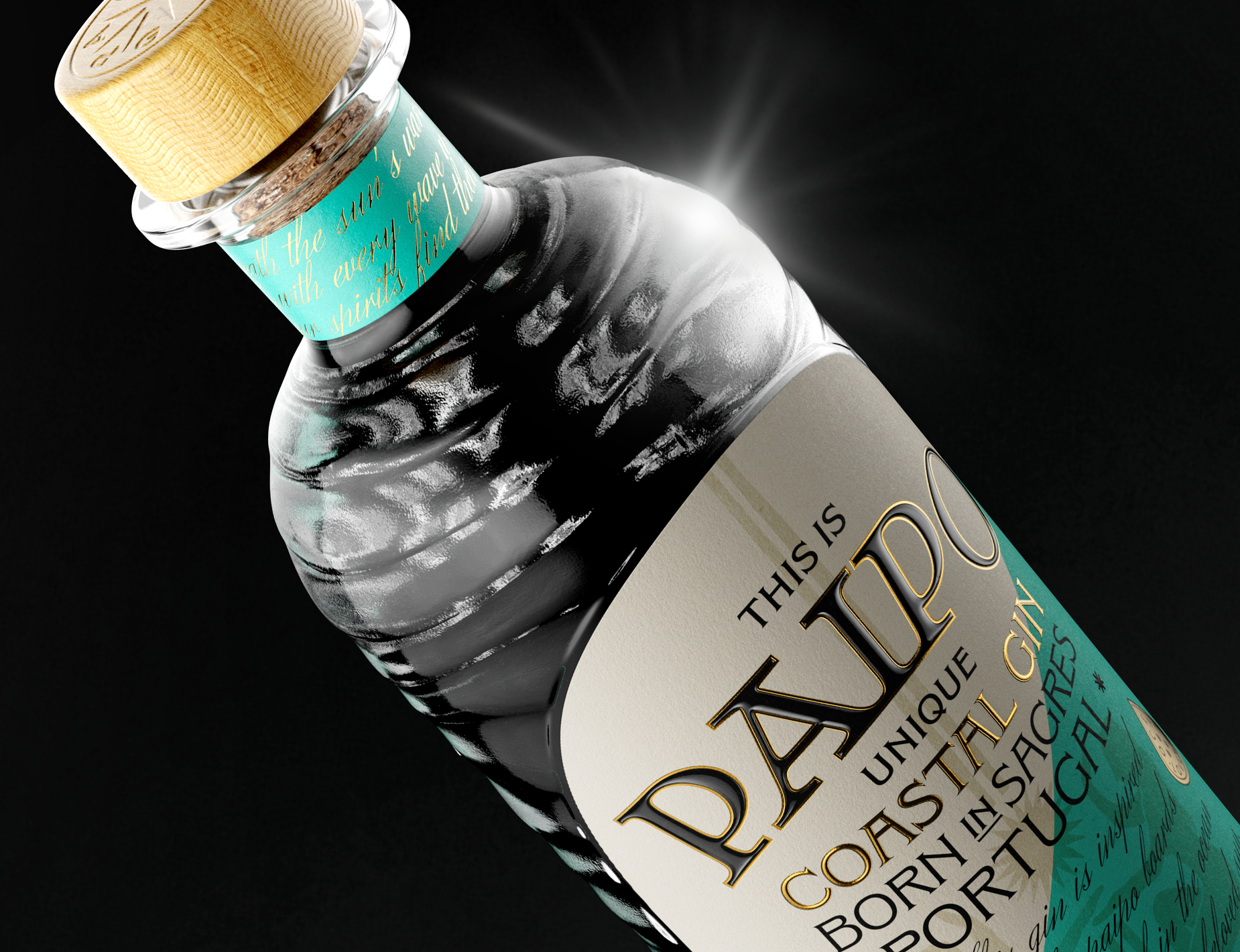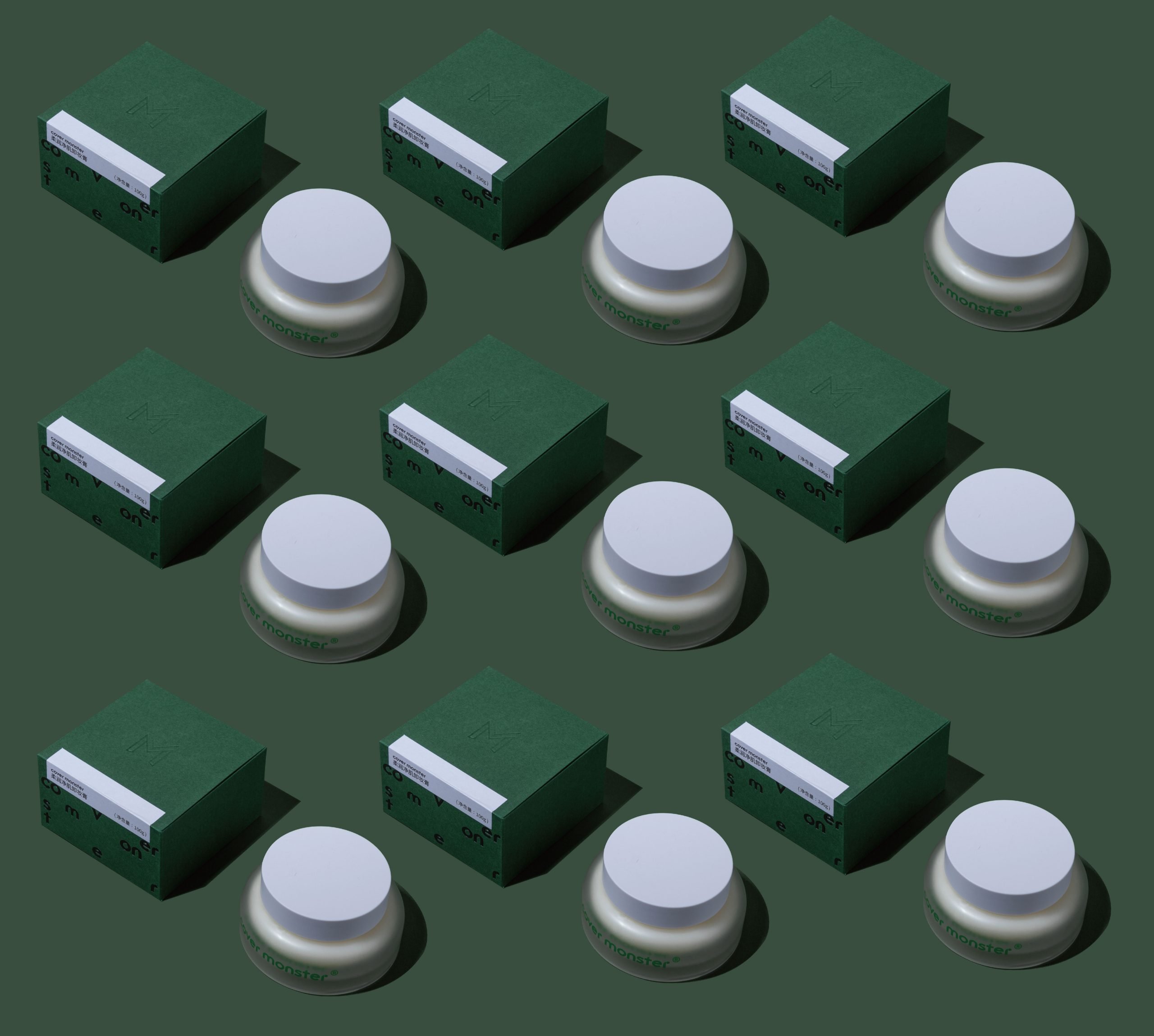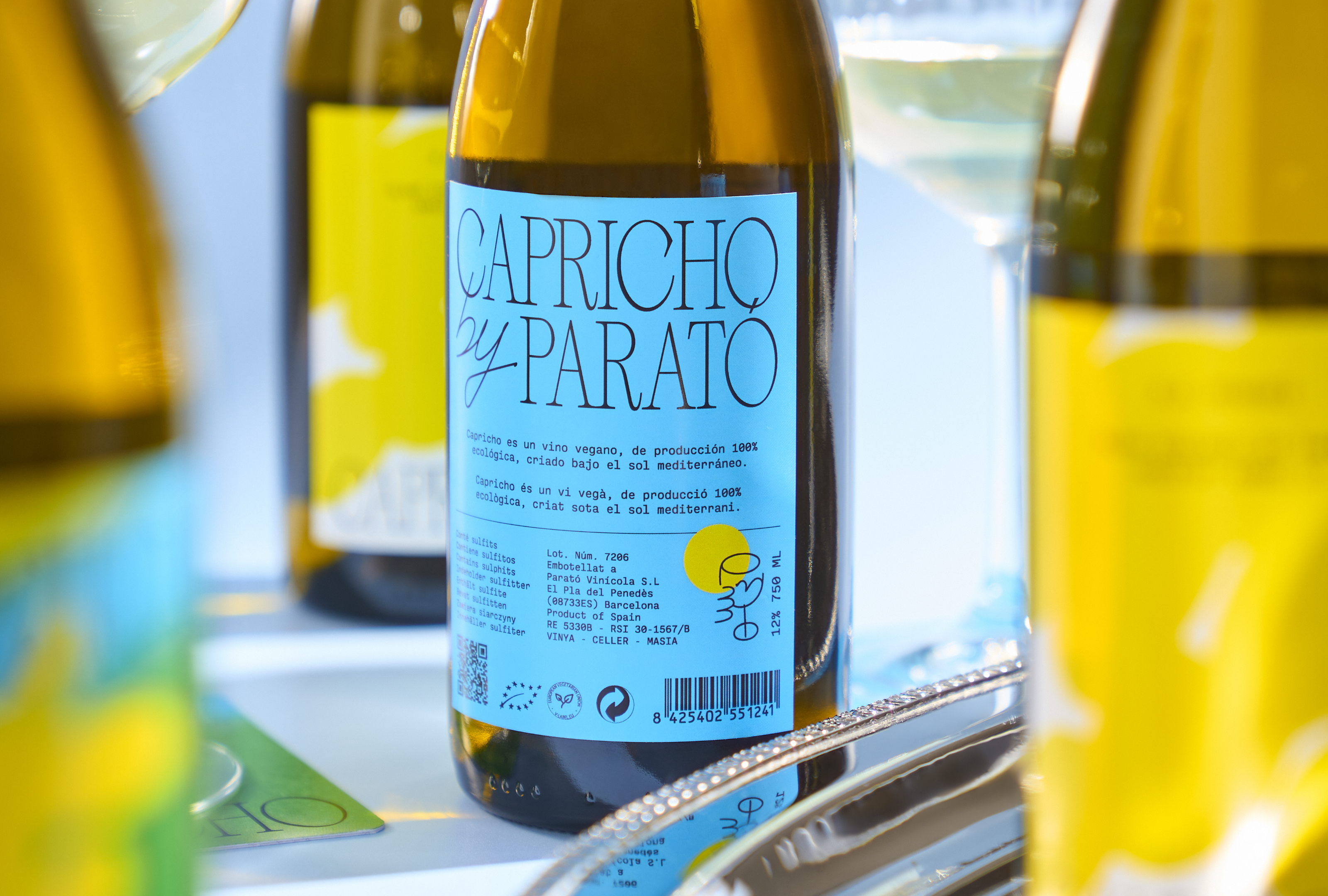Almost two years ago, we wrote that John McGeehan of the University of Portsmouth had created a mutant enzyme capable of breaking down plastic in a matter of days.
Turns out, they really meant just a matter of hours.
Carbios, a company trying to use the enzymes in industrial-scale recycling to produce food-grade plastics, made the discovery, and they unveiled it this past week in the journal Nature. The group ran through 100,00 micro-organisms that could ideally break down PET plastic, landing on a leaf composting bug discovered back in 2012.
After analyzing the enzyme, they generated new mutant enzymes—which also sounds like something straight from a biological terror, meet-cute monster flick, but we digress—that would break some of the chemical bonds in PET at a much faster rate, and if they kept the temperature at a fixed 72°C, degradation speeds vastly improved. The researchers unleashed the enzyme on a tonne of plastic drink bottles, and they discovered that they were 90% degraded over ten hours.
What’s more, the team at Carbios was able to produce a plastic bottle just as strong as those made from virgin plastic with the degraded material. So far, they are the only company that can bring this technology to market, and they believe they can be adequately scaled by 2025.
This could be an incredible leap for recycling, producing a material that rivals that of new plastics. John McGeehan and his team at the University of Portsmouth accidentally stumbled upon the enzyme, but this new enzyme far exceeds the expectations of their original discovery.
“It makes the possibility of true industrial-scale biological recycling of PET a possibility,” John McGeehan said in The Guardian. “This is a very large advance in terms of speed, efficiency, and heat tolerance. It represents a significant step forward for true circular recycling of PET and has the potential to reduce our reliance on oil, cut carbon emissions and energy use, and incentivize the collection and recycling of waste plastic.”
Now, if we could just get people to actually, you know, recycle.





